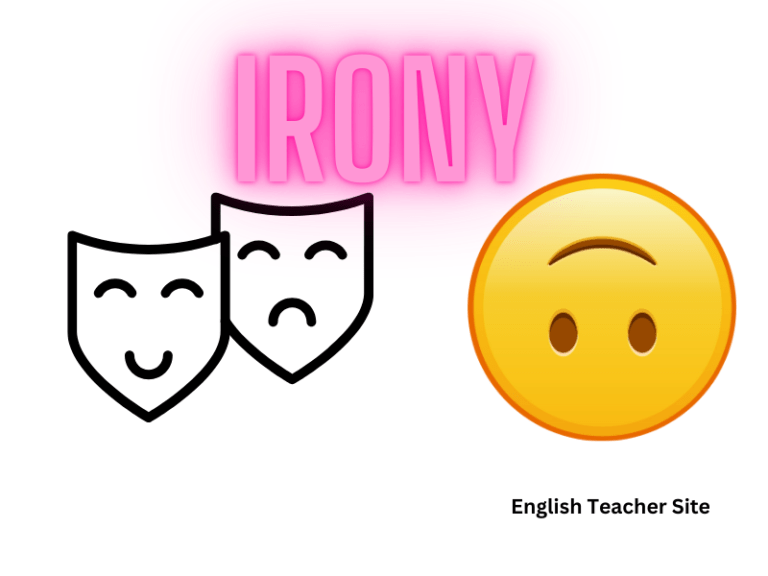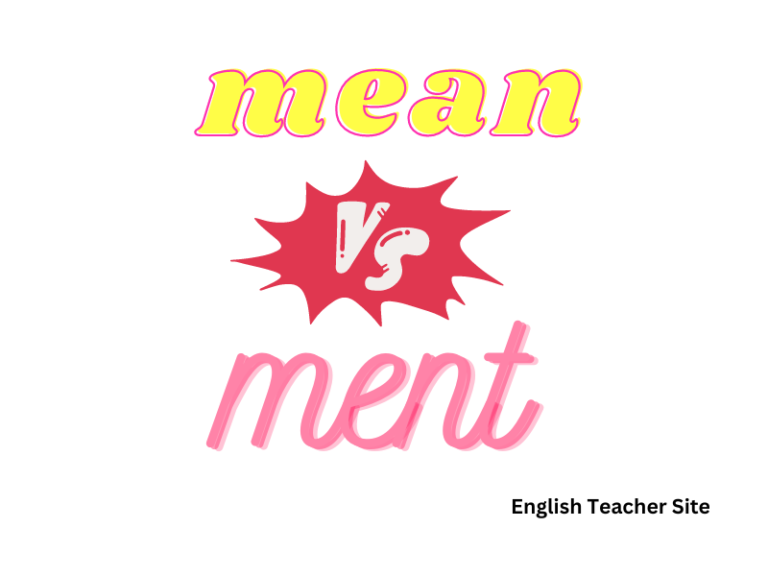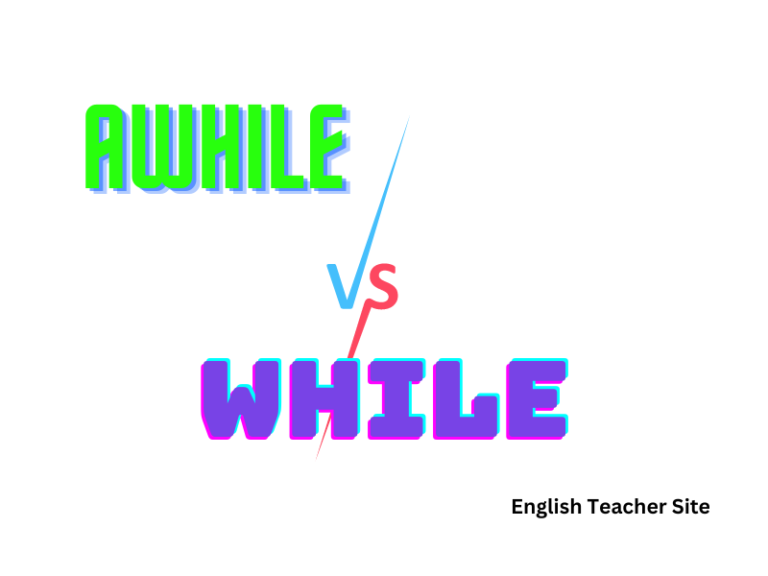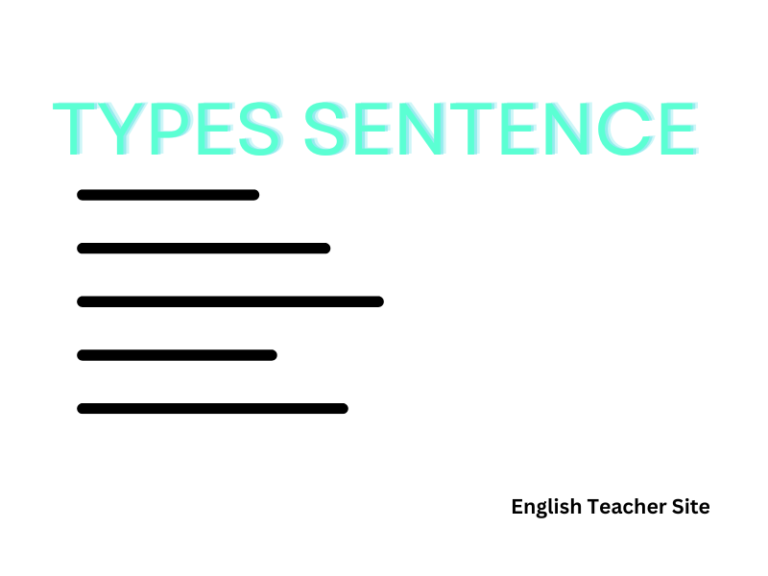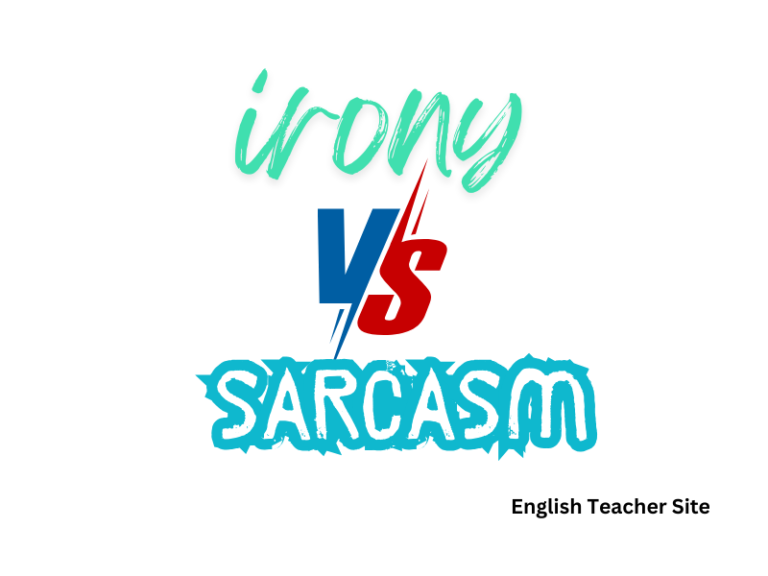Everyday vs Every Day: Understanding the Difference

- “Everyday” is an adjective denoting something common, typical, or habitual.
- The phrase “every day” means “each day,” functioning as an adverbial time modifier.
- Distinguishing between “everyday” and “every day” is essential for clear and correct English usage.
“Everyday” and “every day” are such terms, often incorrectly interchanged. “Everyday” is an adjective that signifies something as common or usual, something that is part of the daily routine. For instance, everyday clothing refers to the garments one would wear on a typical day, as opposed to attire reserved for special occasions.
On the other hand, “every day” is a phrase composed of two words that simply means “each day.” This phrase functions adverbially, modifying verbs to imply that an action occurs daily. Proper understanding of these two terms is critical for conveying the intended meaning in writing, as misapplying them can lead to confusion or a perceived lack of attention to detail.
Understanding Everyday
The term “everyday” is a common adjective that often sees use in the English language. It encompasses items or experiences that occur daily and are considered commonplace or typical.
Definition and Usage of everyday
- Definition: “Everyday” is an adjective that describes something as ordinary or commonplace, typically when it occurs or is used daily.
- Usage: It is used immediately before a noun to modify descriptions of regular or frequent occurrences.
| Aspect | Details |
|---|---|
| Part of Speech | Adjective |
| Modifies | Nouns |
| Frequency Indicative | Yes, it implies that something is common or habitual. |
Examples for everyday one word
- “Everyday” modifying nouns: This category includes phrases where the adjective qualifies a noun.
Correct Usage Incorrect Usage everyday activities every day activities everyday meals every day meals everyday usage every day usage In sentences: Below are sentences that depict how “everyday” is usually applied.
- She wears her everyday jewelry to work.
- Everyday tasks can include cooking, cleaning, and shopping.
Understanding Every day
When distinguishing between everyday as one word and “every day” as two, one must understand that they serve different functions in English grammar. “Every day” highlights the frequency of an action or event that occurs once each day.
Definition and Usage of Every day
“Every day” is an adverbial phrase consisting of two words: “every” and “day.” This phrase denotes something occurring daily, without fail. It is used to describe routines or habits that are part of a regular schedule.
- Frequency: indicates repeated or habitual actions.
Context Use Time To specify that an event happens once per day. Repetition To highlight the regularity of an occurrence.
Examples for Every day
In literature and conversation, “every day” punctuates the daily consistency of actions. Below are a few examples demonstrating its proper use:
- They walk their dog every day before breakfast.
- The café opens at eight o’clock every day.
Incorrect Correct She wears her everyday shoes. She wears her shoes every day. I go to the park every day. I go to the park every day.
By recognizing the difference and using “every day” accurately, one ensures clarity in communication.
My name is Khamis Maiouf. I am the creator of the English Teacher Site, dedicated to providing valuable resources and insights for students around the world. With a passion for education and a commitment to helping students enhance their skills, I aim to make English teaching more effective and enjoyable for both educators and students.

